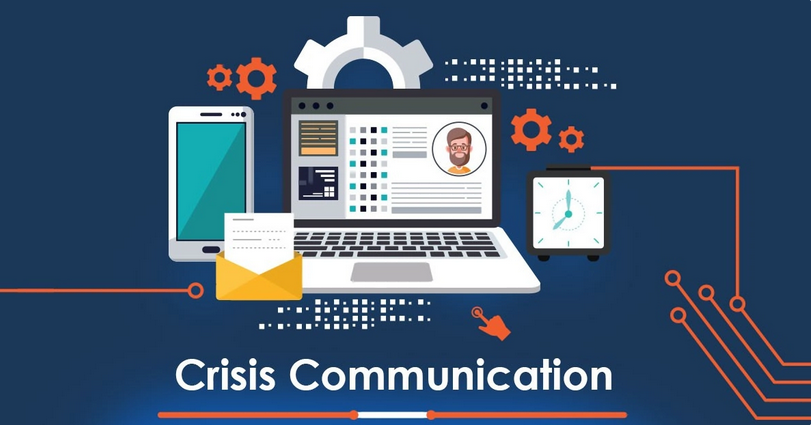Impact of effective communication strategies on a company’s resilience during a global crisis. A study of crisis management on FMCG companies active in the Swiss market.

The COVID-19 pandemic led to significant disruptions to the supply chains
of FMCG companies in the Swiss market. The impact of crisis communication on the resilience of FMCG in the Swiss market during such a global crisis has yet to be
comprehensively investigated.
This paper examines if there are crisis communication factors influencing the
resilience of FMCG companies during a global crisis, with a focus on the supply chain disruption during the COVID-19 pandemic.
A preliminary literature review served as the foundation for the subsequent
semi-structured interviews with representatives from the FMCG industry. The content of the interviews was transcribed and coded to achieve qualitative results. One question in the interview was designed to elicit the interviewees' opinions on the relative importance of key points from the literature in the context of crisis communication, to facilitate a comparison between the individual companies.
The representatives of the FMCG companies categorized the key points from
the literature in different ways. There was a high level of consensus, particularly
concerning the importance of open and honest communication. Furthermore, the findings from the interviews demonstrated that crisis communication was managed and interpreted in markedly different ways within FMCG companies. Consequently, it was not possible to propose a set of best practice guidelines for FMCG companies in this thesis, nor to definitively identify the most crucial factors, given that there was no consensus among FMCG companies. The findings of this study indicate that crisis communication has an impact on resilience. Nevertheless, it was not possible to ascertain the extent of this influence in the final figures. This was due to the lack of metrics for crisis communication
and the fact that none of the FMCG companies surveyed had evaluated crisis
communication, despite the availability of ideas. Another challenge in determining the influence of crisis communication on resilience was the lack of consensus on the definition of resilience.
The findings of this study indicate that crisis communication is perceived as
a highly significant issue for all FMCG companies. Consequently, it is recommended that greater attention be paid to this topic. Nevertheless, it is not possible to ascertain which factors are of significance and to what extent crisis communication affects resilience during supply chain disruption. How crisis communication is viewed and implemented varies considerably between FMCG companies.